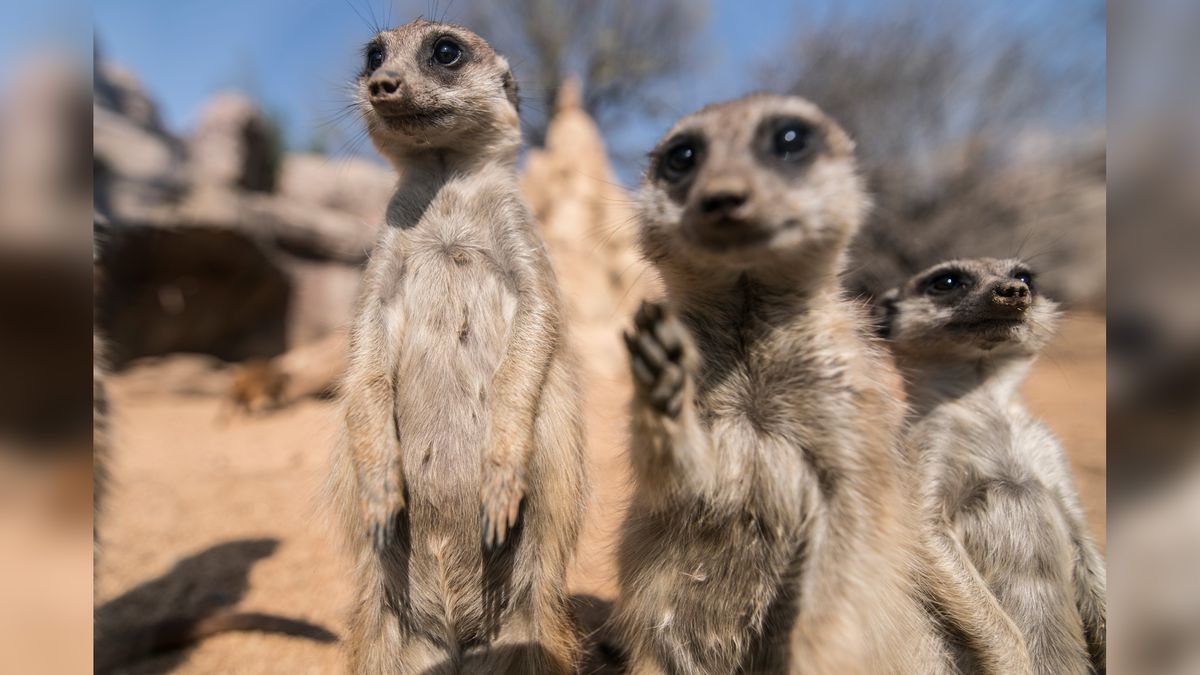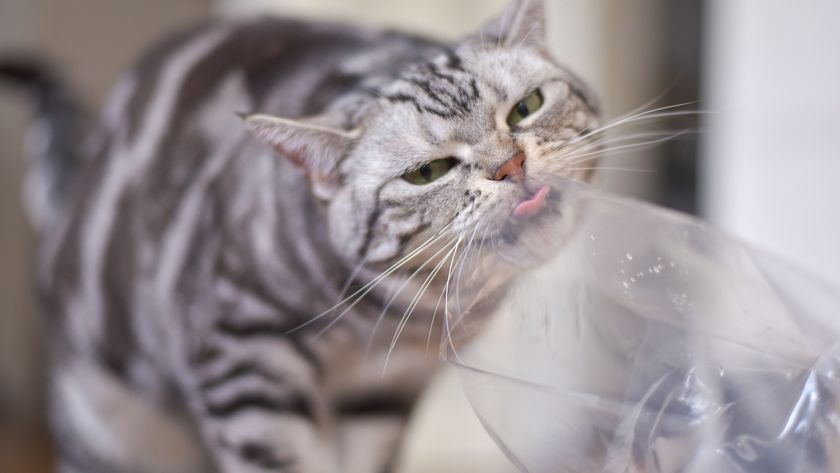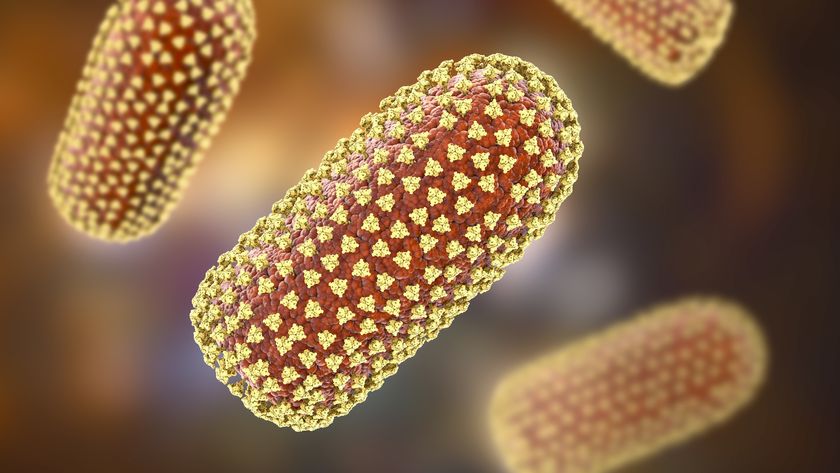Meerkats seem to rejoice when zoo visitors return after lockdown
Penguins just carried on as normal.

When humans flooded their zoo in South Africa, after months of lockdown, the African penguins couldn't have cared less, according to a new study. Meanwhile, the bubbly meerkats at a zoo in the U.K. seemed uplifted by their bipedal visitors.
Slender-tailed meerkats (Suricata suricatta) interacted more positively with each other after humans returned to their exhibits, while African penguins (Spheniscus demersus) just carried on as if nothing had changed.
Researchers studied the behavior of the animals before and after zoos reopened in the U.K. and South Africa to learn more about how lockdown affected them. Their results were published in the March issue of the journal Applied Animal Behaviour Science.
"We can't say what the animals were feeling, but the positive behaviors that we observed (e.g. positive social interactions with each other and positive human-animal interactions) suggest the return of visitors was a positive and engaging experience for the meerkats," first author Ellen Williams, a lecturer in animal behavior and welfare at Harper Adams University in the U.K., told Live Science in an email.
Related: Photos of flightless birds: All 18 penguin species
More than 700 million people normally visit zoos and aquariums around the world each year, according to the World Association of Zoos and Aquariums. Both animal haunts, however, were forced to suddenly shut their gates in 2020 due to the COVID-19 pandemic, leaving animals alone — except for the few staff that continued to work — in near-empty parks.
Zookeepers began reporting that animals were suffering without the company of visitors. Animals like meerkats were "missing their human friends" in New Zealand zoos, The Guardian reported in April 2020, and staff at the Singapore Zoo were taking their African penguins for walks in May to help keep them stimulated without visitors, the Daily Mail reported.
Sign up for the Live Science daily newsletter now
Get the world’s most fascinating discoveries delivered straight to your inbox.
These anecdotes led Williams and her colleagues to wonder how the animals were faring during lockdown. "Obviously, zoos are not usually closed for long periods of time and so this study offered us a unique opportunity to understand more about how the meerkats and African penguins were behaving when there were no visitors," Williams said.
Meerkat keepers at Knowsley Safari Park, Twycross Zoo and Plantasia, all in the U.K., and penguin keepers at uShaka Sea World in South Africa monitored their animals during 5-minute windows and recorded behaviors for the researchers to study. They noted the behaviors the animals were performing, such as foraging for food, and where the animals were positioned in the enclosure, according to the study.
The meerkats appeared to react well to visitors returning by interacting positively with each other more often with behaviors such as playing and grooming. They were, however, also more alert once visitors returned and spent longer in parts of their enclosure farthest from visitor viewing areas compared with during lockdown. The penguins behaved the same regardless of whether there were visitors at their zoo, suggesting they didn't care much either way.
The research was designed as a pilot study, and the authors advocate for more research over a longer period to better understand the effect that zoo visitors have on the animals.
"Even the meerkats were potentially feeling a little isolated," Eduardo Fernandez, a senior lecturer in animal behavior, welfare and ethics at The University of Adelaide in Australia, told Live Science after reading the study.
"I would say that like most good science, what this paper does is open up a whole lot more questions about where to go in the future with understanding what are both the positive and negative impacts that visitors can have on animals, and then vice versa," Fernandez said.
Originally published on Live Science.

Patrick Pester is the trending news writer at Live Science. His work has appeared on other science websites, such as BBC Science Focus and Scientific American. Patrick retrained as a journalist after spending his early career working in zoos and wildlife conservation. He was awarded the Master's Excellence Scholarship to study at Cardiff University where he completed a master's degree in international journalism. He also has a second master's degree in biodiversity, evolution and conservation in action from Middlesex University London. When he isn't writing news, Patrick investigates the sale of human remains.











